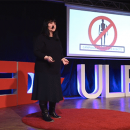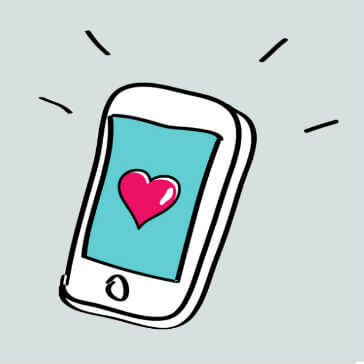The Machines Are Alright: NYU Bioethicist Defends Therapeutic Use of Sex Robots
Sexbots could help patients in need, says medical ethics expert.
 |
While technophobia has existed since the Industrial Revolution, during 2015 it showed a surprising resurgence.
Earlier this year, the Second International Congress on Love and Sex with Robots was shut down after pressure from Malaysian authorities. In September, two European academics also launched a public campaign seeking to ban sex robots.
But some people are pushing back against this new wave of robotic paranoia, such as Arthur Caplan, a bioethicist from the Division of Medical Ethics at the New York University Langone Medical Center.
In a video and accompanying article published late last year on Medscape, Caplan argued that while it may be possible for sex robots to exert a negative influence on society, their impact will likely be negligible. They may even offer potential benefits for users.
Such positive possibilities include sexual surrogacy or use as a social aid for the chronically shy and introverted.
With these in mind, Caplan is advocating a more open-minded approach to robotic personal sex devices. Aimed at doctors and the billion-dollar healthcare industry, he argues that from a medical perspective there is nothing wrong with using sexbots to treat patients.
Caplan even posits that robot sex could promote improved outcomes for prisoners, offering them an outlet where no other is available. He also dismisses arguments about the theoretical morality of commercialized sexbots as unpersuasive, drawing comparisons between the technology and our current automated lifestyles.
“Robots are flying us in the air, driving us down the highway, and showing us pornography on our computer terminals (not mine, but I hear that’s going on). We don’t think, my gosh! We violated our dignity and human rights because we’re using machines to take over tasks that might have been done by other humans,” he said.
And while Caplan acknowledges that substituting real-life romantic relationships for sex robots may lead to feelings of isolation and loneliness, he views this as a separate argument to the debate over the implicit morality of this technology.
“I think that over the years, we’ve seen that people adapt to technology and the technology can adapt to them. It may even be helpful for people who are shy, or trying to learn what to do, to have some kind of an automated friend help them.”
“I can see some social good coming from robot sex. At the end of the day, even though it may sound strange, even though it may sound a bit—if you will—dehumanizing, I think this is a technology that has a good application,” Caplan said.
Do you think sex robots could be used for medical treatment?
Image Source: Dick Thomas Johnson
Leave a reply
You must be logged in to post a comment.

















